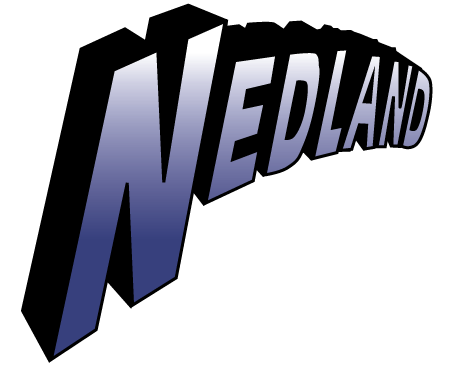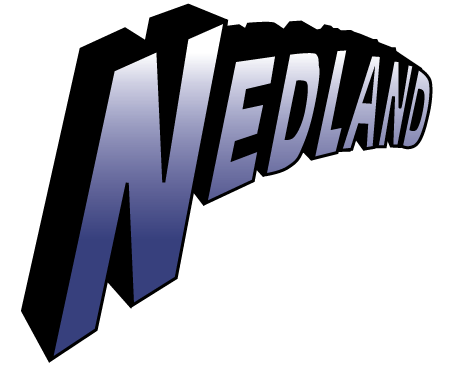Looking for a construction and demolition waste disposal service for your next project site? Could the answer be….you? “Wait, what?!” you’re asking.
If you asked a quarter of our customers, they wouldn’t call waste management their primary business—and many certainly didn’t call with a new revenue stream in mind. They’re construction and remodeling small business owners or good folks offering local tree and landscaping services.
And they knew there had to be a smarter, more efficient way of serving their needs.
Why are contractors taking waste management in-house?
In short, they became frustrated by the constraints of renting rolloff dumpsters from the national waste management corporations:
- Availability. They couldn’t reliably get rolloffs to job sites when they needed them—impacting project start dates.
- Flexibility. They didn’t have complete control over how long rolloffs could sit at project sites, impacting team and project schedules.
- Cost. After seeing the add-on fees mount, they began to see the potential for long-term savings by managing their waste.
So, they invested in rolloff systems to manage their own construction debris removal.
Surprise! You’ve stumbled into a new revenue stream
Here’s where it gets interesting—and we want to share this because it’s a story we’ve been told over and over again.
When these contractors didn’t need their rolloffs at their own job sites, they rented them out to their existing network of contractors. People they already knew. And before you knew it, there was so much opportunity, they were creating new business divisions to service the demand.
Greenhead Recycle, Semper Fi, Irish Roofing, Brevard Dumpsters: They all started out purchasing rolloff equipment to manage their own construction and demolition waste and without really intending to—boom!—a new business took off.
Is investing in a rolloff system right for your small business?
Maybe. Maybe not.
When you’re working with the big nationals, you’re taking on fees above and beyond the dumpster rental and landfill fees. They likely include:
- Set fees
- Tipping fees
- Mileage fees
And, if you’re running your own rolloff system, your small business can write off the mileage fees.
With all that in mind, if you’re making two-to-four 20-yard pulls a week, it’s time to think about bringing construction debris disposal in-house. It will be a better investment in the long run.
So, what should you consider before moving forward?
Assuming you’ve done your homework and avoided the cheap rolloff package trap, you’ll want to have a few things in place from a safety and compliance standpoint.
For starters, each state has different rules and regulations around hauling construction and demolition debris. Here in Wisconsin, for example, you’ll need a DNR permit and a DOT number to haul waste for other businesses. So, be sure to do your research and have your paperwork in order to avoid painful fines.
You’ll also want to consider investing in a tarp system—whether automatic or semi-auto. Not only do these systems save you time, they help ensure debris doesn’t fly out of your containers as you’re mid-transport, endangering others on the road.
There’s a lot more to consider, of course, and we share some deeper thoughts on the subject right here.
Unlock new revenue
Like we said, investing in rolloff systems isn’t the right move for every small contractor. But for those moving a moderate volume of construction waste, solving an internal need has the potential to open up a lot of new opportunities.


